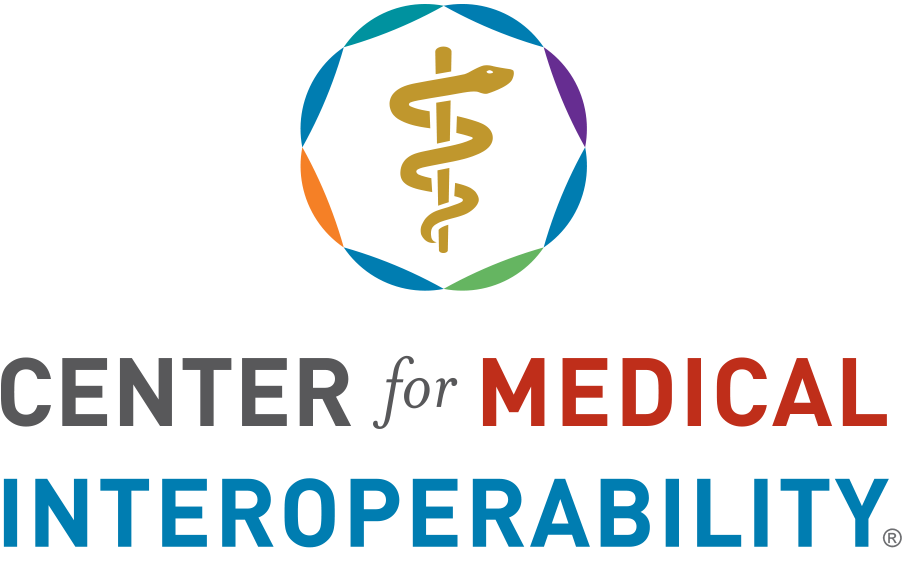Via Nashville Business Journal »
When looking for technological advancements, few look to the former USSR, but one of Nashville’s health care leaders did exactly that when searching for a way to solve what is one of the industry’s biggest problems: interoperability.
Ed Cantwell, CEO of the Center for Medical Interoperability, recently visited Estonia to learn how the former Russian republic became a digital powerhouse.
“They designed a country that is more efficient digitally than any country,” Cantwell said of Estonia.
After gaining independence from Russia in 1991, Estonia’s fledgling government created a digital society, Cantwell said. The government created an interoperability platform that allows government records to work together.
According to government websites, Estonia created a decentralized system that links together services and databases. Since the system is open, new components have been able to connect with the system as they are developed, meaning social services, legal services, health care and voting all work on the same open platform.
In contrast, Cantwell likened America’s health care systems — with all its machines and systems that don’t talk together — to AT&T phones that could only call other AT&T users.
Interoperability is one of the greatest issues facing the health care industry, which is why the Center for Medical Interoperability launched last year with the backing of local health care giants HCA Healthcare Inc., Community Health Systems and LifePoint Health, among others. Because of the size and role those companies play locally, it’s also critical for Nashville that the health care industry follows the path of Estonia and finds a solution to the question of interoperability, Cantwell said.
“Where Nashville goes, the nation goes,” Cantwell said. “The opportunity exists really for Nashville to step up.”
